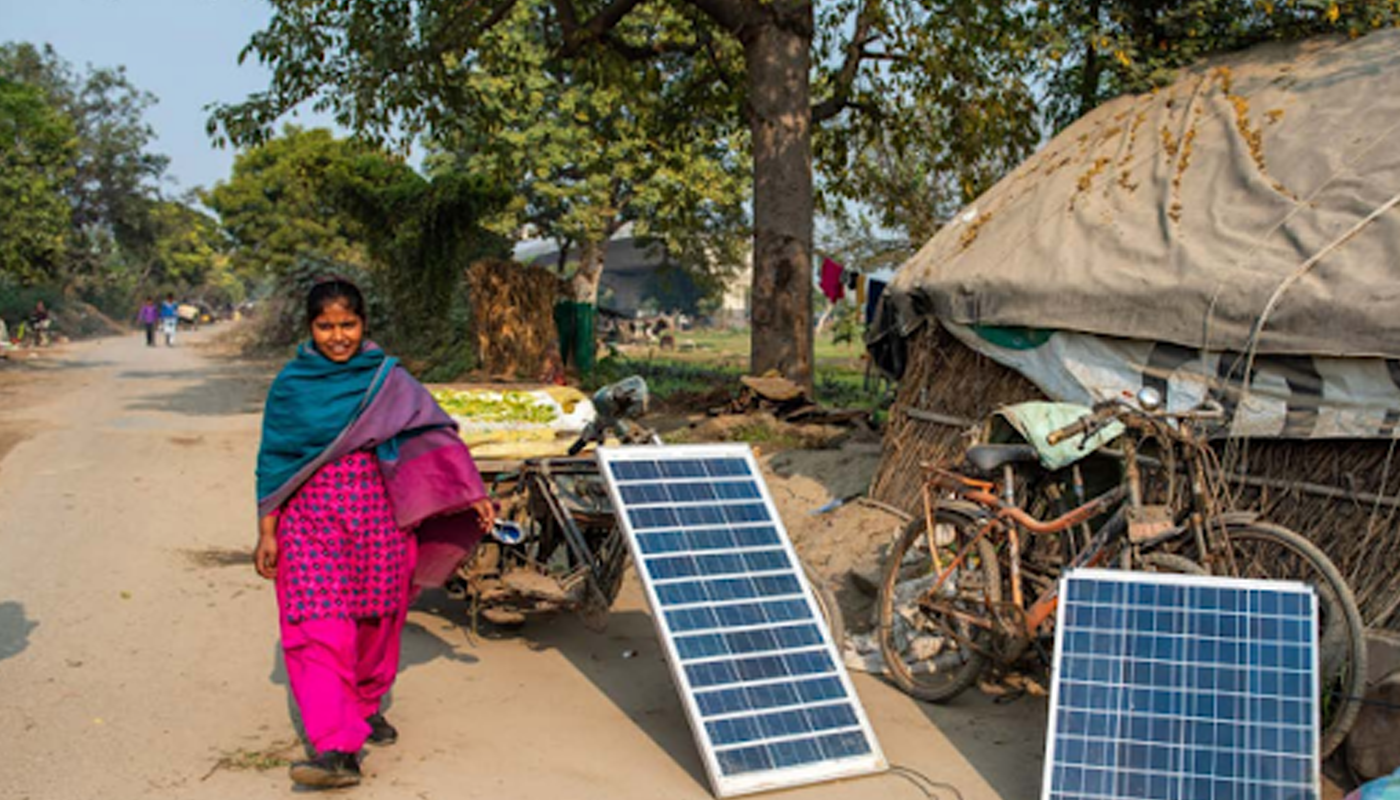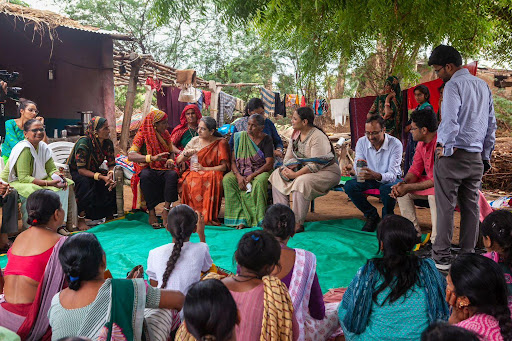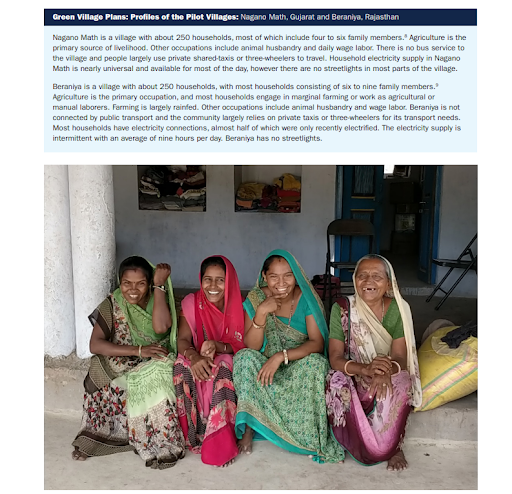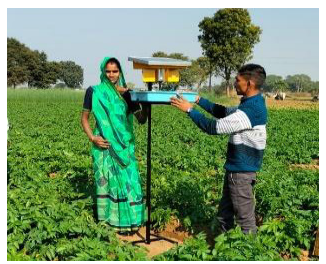AREAS
Association of Renewable Energy Agencies of States (AREAS) has been formed and registered as a society on 27 August 2014 under Society Registration Act 1860. Ministry of New & Renewable Energy (MNRE) is the nodal agency at the central level for promotion of grid-connected and off-grid renewable energy in the country. http://www.areas.org.in/
NRDC
The Natural Resources Defense Council (NRDC) is an international environmental organization, founded in 1970, with more than 3 million members and supporters. Working in India for over 13 years, NRDC focuses on developing and implementing climate change and clean energy solutions. http://www.nrdc.org/
SEWA
 Self Employed Women’s Association (SEWA) is a member-based organization of poor, self-employed women workers in India. SEWA is spread across 14 states of India with deep penetration at grassroots level in villages. SEWA organizes the women into self-help groups and cooperatives based on their respective trades and then channelizes information, awareness, health interventions, trainings for skill development, financial support (e.g. savings, insurance, credit, and pension), and market linkages to enable members to become self-sustainable in their trades, including salt production. SEWA’s twin goals are “Full Employment” and “Self-Reliance.”
Self Employed Women’s Association (SEWA) is a member-based organization of poor, self-employed women workers in India. SEWA is spread across 14 states of India with deep penetration at grassroots level in villages. SEWA organizes the women into self-help groups and cooperatives based on their respective trades and then channelizes information, awareness, health interventions, trainings for skill development, financial support (e.g. savings, insurance, credit, and pension), and market linkages to enable members to become self-sustainable in their trades, including salt production. SEWA’s twin goals are “Full Employment” and “Self-Reliance.”
 NRDC has been working with Self-Employed Women’s Association (SEWA) to advance the adoption of clean energy solutions on the ground since 2014. NRDC and SEWA partnered together with women “agariyas” to transition salt production away from expensive and polluting diesel and toward more efficient, solar and solar-hybrid water pumps in the Little Rann of Kutch (LRK) in Gujarat. What started as a technical test-case of 14 solar and solar-diesel hybrid pumps has scaled to over 2,000 pumps till now. The goal is to further expand to 15,000 pumps in the coming years. NRDC has supported SEWA in building a business case for scaling the use of solar pumps for salt farming.
NRDC has been working with Self-Employed Women’s Association (SEWA) to advance the adoption of clean energy solutions on the ground since 2014. NRDC and SEWA partnered together with women “agariyas” to transition salt production away from expensive and polluting diesel and toward more efficient, solar and solar-hybrid water pumps in the Little Rann of Kutch (LRK) in Gujarat. What started as a technical test-case of 14 solar and solar-diesel hybrid pumps has scaled to over 2,000 pumps till now. The goal is to further expand to 15,000 pumps in the coming years. NRDC has supported SEWA in building a business case for scaling the use of solar pumps for salt farming.

 “The Hariyali Green Villages initiative aims to enhance accessibility and affordability of clean energy technologies and improve livelihood opportunities at the household level in rural India. Each Green Village, or Hariyali Gram, includes a suite of clean energy and environment friendly technologies such as Light-emitting Diode (LED) bulbs and energy efficient fans for lighting and thermal comfort, biogas plants for clean cooking, solar-powered water pumps for irrigation, and cool roofs to reduce heat stress in the houses. With the objective of scaling up to 100 villages by 2025, NRDC, SEWA and partners have effectively demonstrated these solutions in more than 10 villages in 2021-22 and benefitted over 300 families”
“The Hariyali Green Villages initiative aims to enhance accessibility and affordability of clean energy technologies and improve livelihood opportunities at the household level in rural India. Each Green Village, or Hariyali Gram, includes a suite of clean energy and environment friendly technologies such as Light-emitting Diode (LED) bulbs and energy efficient fans for lighting and thermal comfort, biogas plants for clean cooking, solar-powered water pumps for irrigation, and cool roofs to reduce heat stress in the houses. With the objective of scaling up to 100 villages by 2025, NRDC, SEWA and partners have effectively demonstrated these solutions in more than 10 villages in 2021-22 and benefitted over 300 families”

